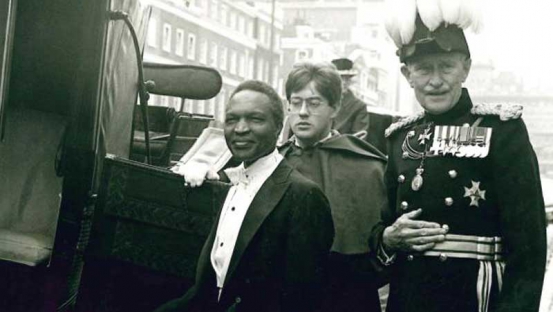×
The Standard e-Paper
Join Thousands Daily

The searing heat in Juba was getting into the heads of a delegation of more than a dozen men who wanted to find a peaceful solution to the South Sudan conflict that had been raging for decades.
As the former generals, most of whom had known nothing but violence as a form of dispute resolution shouted at each other and banged tables, an outsider sat quietly in a corner.